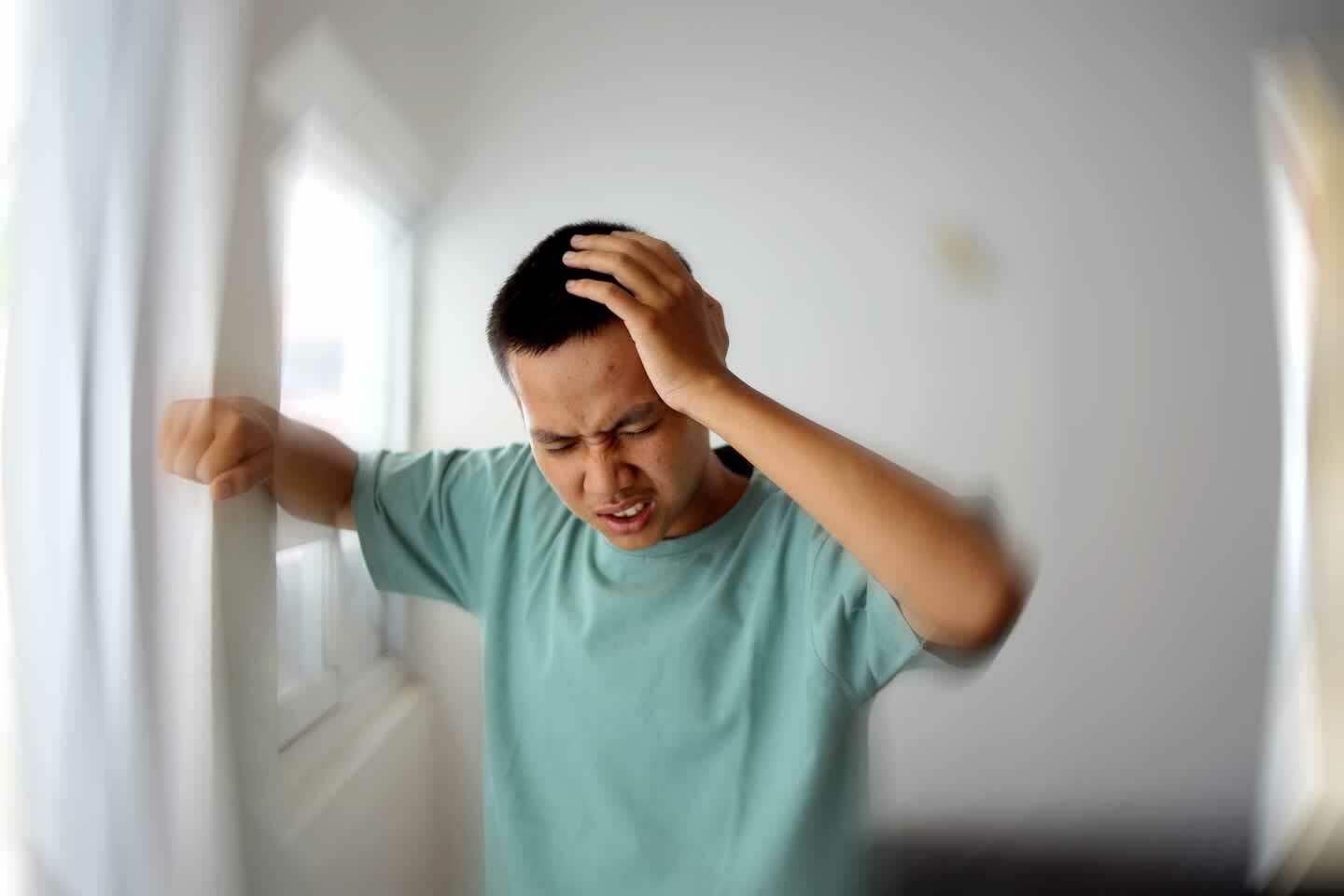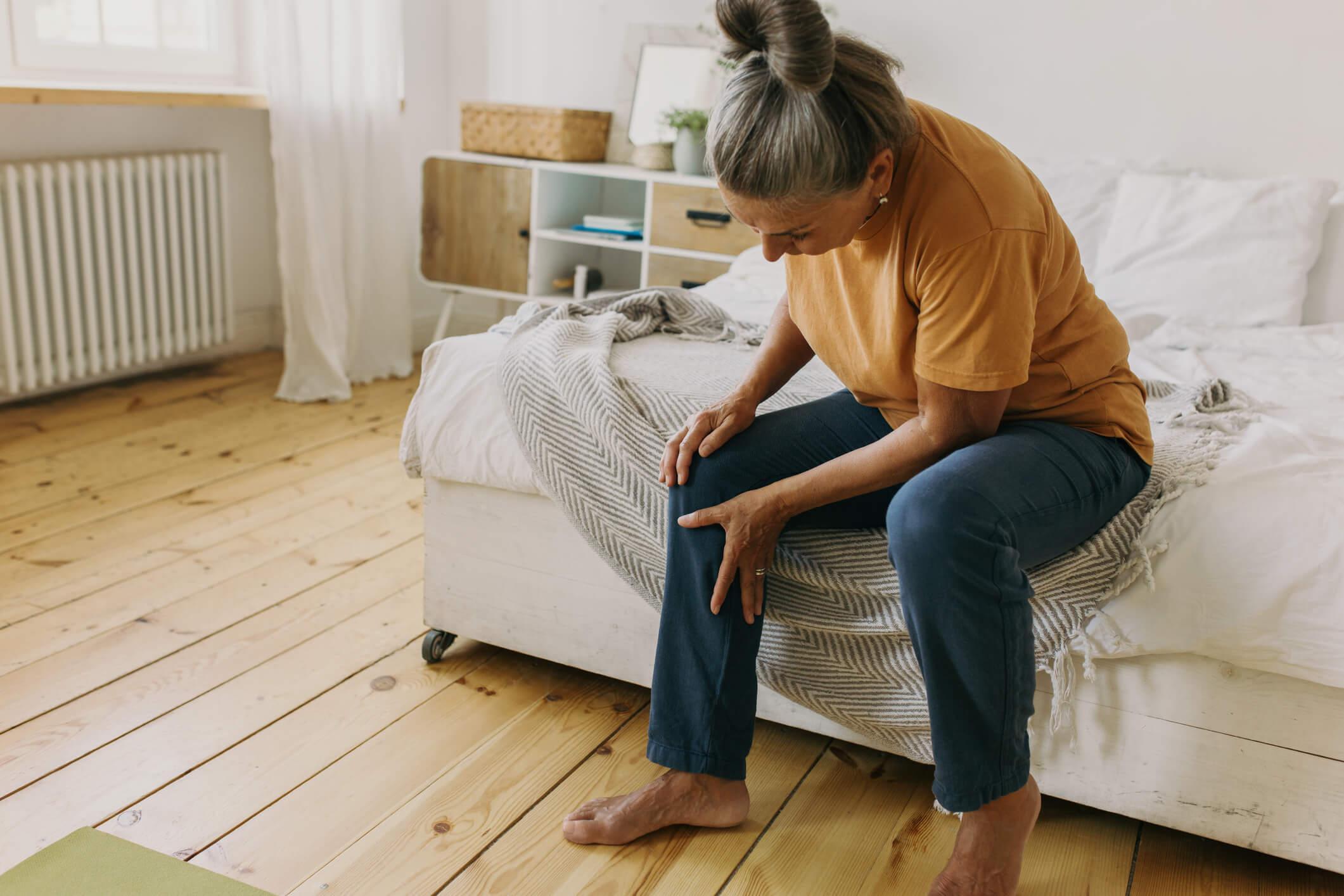Find The Location Nearest Covid-19 Testing
We think you’re located in zip code 17744. Not Right?
Sunburn Treatment at AFC Urgent Care
During the summer months in Pennsylvania, the sun is at its strongest. As such, the risk of suffering sunburn increases when enjoying various outdoor activities. Taking proper precautions to avoid sunburn or at least lessen its impact is essential. Sunburn can not only be uncomfortable and cause dehydration and nausea, it can also have other long-term side effects such as:
- Sunspots
- Wrinkles
- Premature Aging
- Skin cancer such as:
- Squamous Cell Carcinoma
- Basal Cell Carcinoma
- Melanoma
Skin cancer is one of the most common cancers in the United States, but it is also preventable if you reduce your chances of getting sunburn.
What is the cause of sunburn?
Sunburn occurs when someone's skin is exposed to UV (ultraviolet light) from the sun, and the skin's melanin exceeds its ability to protect it. This can also happen to someone's skin with prolonged exposure to artificial UV light, such as the light used in tanning beds. Melanin is the skin's protective pigment.
During the sun's peak hours, those with very light skin may experience sunburn within 15 minutes. Someone with darker skin may be able to go for hours without suffering a sunburn. However, it is important to remember that no one is completely immune from sunburn.
How can I prevent sunburn?
- Sunscreen—Apply sunscreen every 90 minutes if you spend extended amounts of time outside. The recommended SPF is 30 to 50, depending on your skin's sensitivity to the sun.
- Wear Protective Clothing & Gear—The more you cover your skin with clothes, the less skin is exposed to the sun. Consider also wearing hats and UV-protective sunglasses, as the human eyes are susceptible to UV radiation.
- Avoid Peak UV Hours—The sun's UV rays are often at their strongest between 10 a.m. and 2 p.m. If possible, avoid extended outdoor activities during those times.
- Sand and snow—Even if you are under some cover to protect yourself from the sun, UV rays can be reflected by sand and snow. Sand can reflect up to 20% of UV rays and snow up to 80%.
What are some home relief suggestions for sunburn?
- Hydrate - When skin is sunburned, fluids are lost. Drinking water to replace those fluids is essential and helps cool down someone's skin.
- Moisturize—Those suffering from sunburn often take a cool shower for relief. However, the wetting and drying of the skin can cause peeling and flaking. Apply lotion and cream containing vitamins C and E to a sunburned area.
- Assess the sunburn - Severe sunburn can result in blisters and may need extra care.
When should I visit AFC Urgent Care in Pennslyvania for care?
If your sunburn does not improve within two days, come to AFC Urgent Care for evaluation. A patient should immediately come to our urgent care center if they experience:
- Widespread blistering
- High Fever
- Confusion
- Chills
- Nausea
- Extreme Pain
- Headache
Can you get sunburned on cloudy or overcast days or during winter?
Yes, sunburn is possible on these days. Sunburn does not depend on being able to see the sun or how hot it is outside. UV rays still pass through the clouds and continue during winter. While getting a sunburn is not as easy, it is still possible. A common misconception is that someone gets "windburn" on cloudy or stormy days. However, research shows that this is still sunburn. While the wind can exuberate sunburn by drying out the skin faster, the main cause is still from the UV rays.
If you need help with your sunburn or need it evaluated by one of our board-certified providers, come to AFC Urgent Care near you today! We are open seven days a week and accept most major insurances. We look forward to serving you!
FIND A LOCATION How Can We Help?
How Can We Help?
- PATIENT SERVICES
- COVID-19 SERVICES
- TELECARE
- EMPLOYER RESOURCES
- PATIENT RESOURCES
- ABOUT US



